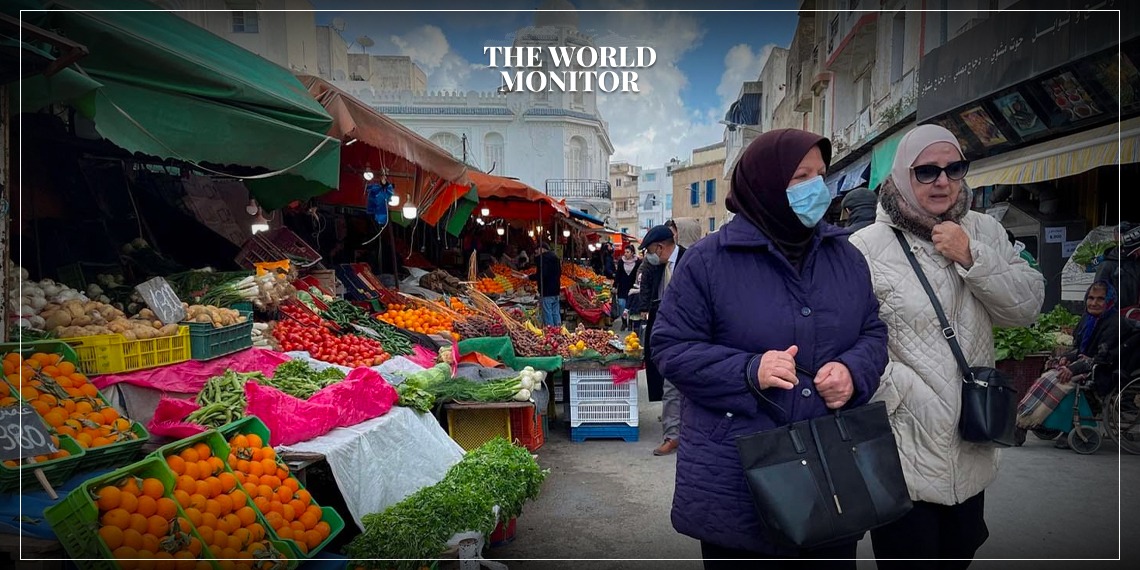Tunisia’s annual inflation rate increased to 9.3% in August from 9.1% in July, the State Statistics Institute reported.
The inflation rate declined last July despite the monthly rise in prices by 0.7%. The index hit its highest level at 10.4% in February, according to the Arab World News Agency.
In 2022, Tunisia grappled with rising inflation, which affected everyday life and placed significant strains on both consumers and businesses.
This situation was a culmination of a series of domestic and international challenges that the North African nation faced over the preceding years.
COVID-19 Impact:
Like many other countries, Tunisia’s economy was hard-hit by the COVID-19 pandemic. The pandemic decimated its tourism sector, a major source of income for the country.
With lockdowns, reduced international travel, and health crises, the nation faced both demand and supply-side shocks.
External Debt:
Tunisia’s external debt levels have been on the rise, leading to increased scrutiny by international lenders and rating agencies.
The nation has been trying to secure more favorable loan terms and seeking assistance from international partners, but its increasing debt-to-GDP ratio has put upward pressure on inflation.
Currency Depreciation:
The Tunisian Dinar saw a consistent depreciation against major currencies, leading to increased costs of imports.
Since Tunisia relies heavily on imports for essentials such as food and fuel, the weakening currency was directly felt by consumers through higher prices.
Supply Chain Disruptions:
Global disruptions in supply chains, partly due to the pandemic and other international economic conditions, meant increased costs for imported goods.






